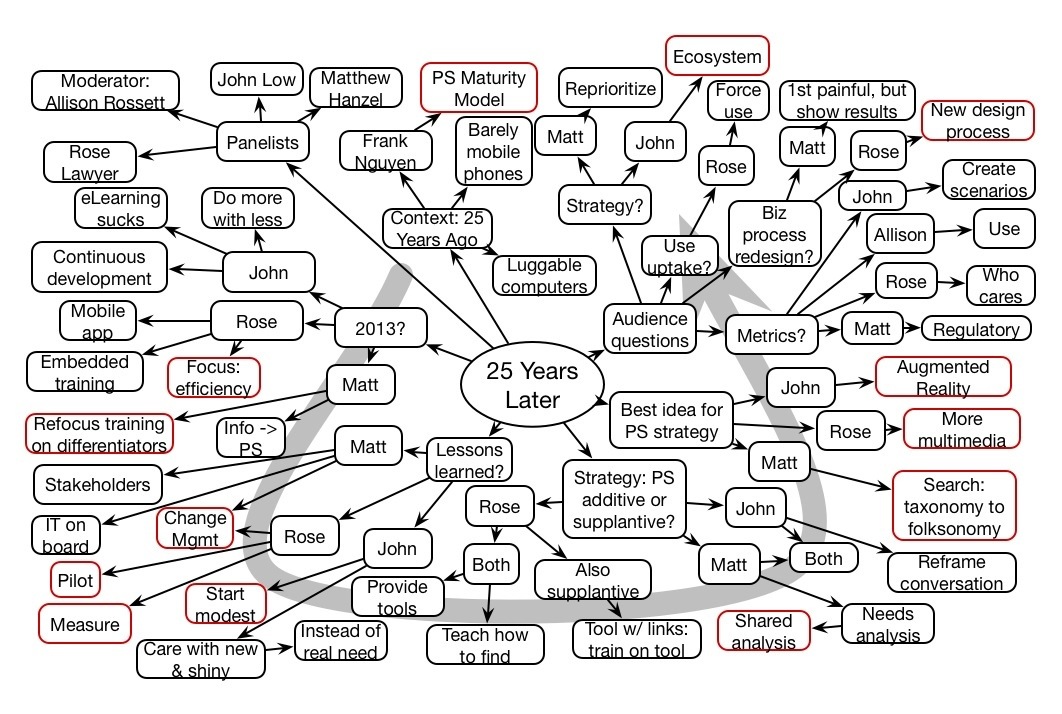Brent Schlenker recently resurfaced after disappearing into a corporate learning job. One of his reflections is that there exist ‘people unwilling to learn’. Jane Hart picked up on his post, and in her reply teased apart two separate things: Whether learners were willing to learn, and whether they were capable of learning. I was inspired to think about addressing those two dimensions.
To me, the ability to be a self-directed learning is a skill issue. They myth of digital natives cloaks the reality that digital skills differ by individual, not age. Similarly, other critical thinking skills, and learning-to-learn or meta-learning skills, may or may not exist in any particular individual. These are aspects we can, and should, be explicit about and develop.
The issue of being willing to learn is a separate issue. Here, it’s whether learners are willing to take responsibility. This is more about attitude change. Which is hard, but doable. It comes from valuing learning and expecting it, then looking to see if it’s manifesting.
One of the things that’s probably important is coupling a learning environment with an empowering culture. Learning has to be explicit, safe, valued, modeled, and expected. Learners need to be empowered with tools, coached, and formatively evaluated. The environment has to depend on trust on both parts that the motives are good.
Glad to see Brent back in the fray, always a pleasure to see Jane’s thoughtful comments, and welcome your thoughts.

